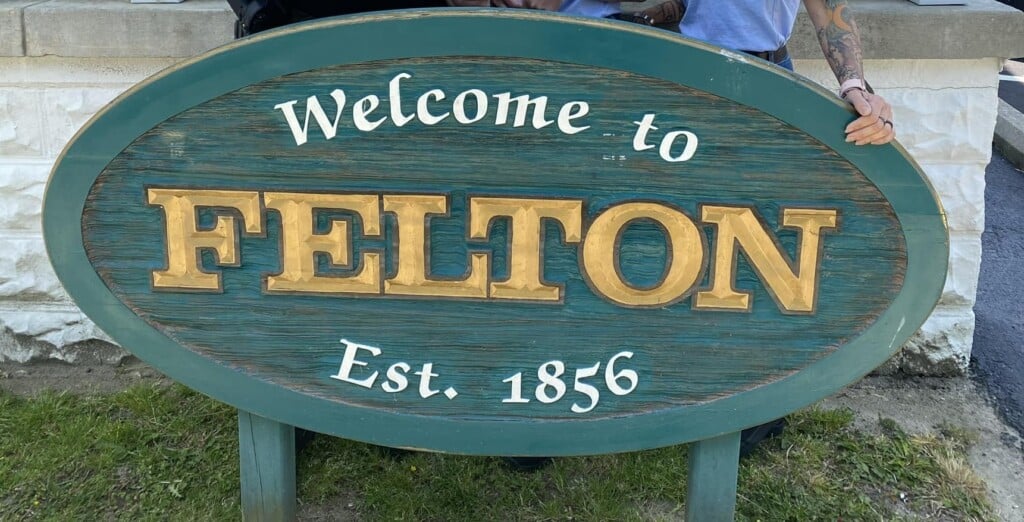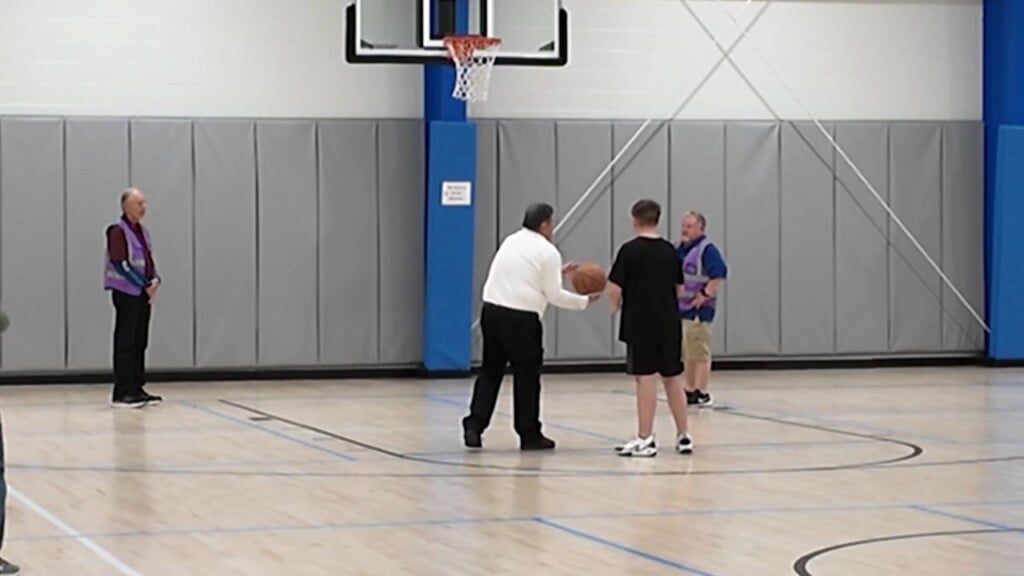Sen. Carper hosts roundtable on oyster aquaculture in Lewes
LEWES, Del. -U.S. Senator Tom Carper convened a roundtable discussion on oyster aquaculture at the University of Delaware in Lewes with oyster farmers and other stakeholders from across the state. Ed Hale, Assistant Professor of the Sea Grant Program at the University of Delaware, moderated the discussion, which examined the needs and challenges of the oyster aquaculture industry while also highlighting Senator Carper’s ongoing efforts to support oyster aquaculture in the First State.
Senator Carper is a cosponsor of S. 2211, Sustaining Healthy Ecosystems, Livelihoods, and Local Seafood (SHELLS) Act, which would establish an Office of Aquaculture at the U.S. Department of Agriculture to help aquaculture producers take advantage of USDA programs, provide technical assistance, and elevate aquaculture issues within USDA. Senator Carper also supported federal funding to the University of Delaware and Delaware State University to create a Fisheries and Aquaculture Innovation Center to train students for careers in shellfish aquaculture, research, and development.
“Supporting oyster aquaculture is a win-win for Delaware,” said Senator Carper, Chairman of the Environment and Public Works Committee in the U.S. Senate adding “Oysters help filter our water and stabilize our shoreline, while also providing a delicious meal and contributing to our economy, I have been incredibly heartened to see the growth of this industry in our state over the last five years, and I look forward to supporting its continued success in the years to come.”
Carper tells us he hopes to also address concerns raised in the hearing as part of the US Farm bill set to be introduced this fall.
“We go back into session this coming Tuesday, and we’ll be working for the next two weeks and probably months on the farm bill, and it’s a great opportunity to find out what, if any, needs to get this industry growing, not just in Delaware and other places as well,” he said.
Mark Casey of the Delaware Culture Seafood and Aquaculture Association speaking at the meeting said the program has been a great success, and now needs more marketing, investment, and farmers to help expand.
“Getting growers in, having growers aquaculture is much more expensive than wild harvest. So getting guys in that can set up a lease, buying cages, being able to have boats and tumblers and all that equipment is a big economic hurdle, and if we can get people in to do it, we can provide 20 million oysters out of this very easily within two years,” Casey said.
Oyster farmers also raised their desire to ship internationally, something the FDA currently bans and to help apply for Value Added grants to help build new domestic customers as well.
Casey tells 47ABC he wants to see the oyster population expand, as demand has many farmers sold out of their stock, but he says the benefits of supporting the program don’t end with just businesses.
“Oysters are actually the kidneys of the ocean, if you think about the human body, right, they remove that algae out, they let the light in and everything else grows, and they’re the base of the food chain,” Casey said adding “I am here to make grasses grow back in the bay, the oysters remove the algae, the algae blocks the sun, when the sun can’t get to the bottom, the grasses can’t grow and the grasses can’t grow, you don’t get oxygen at that water level and you also don’t have a place for the babies.”
He says as aquaculture expands, it can even help bring back the population of other species, as oysters can act as the first step of a population renewal.
“You’ll see large striped bass. You’ll see everything from seahorses as every type of fish is out there and they’re increasing exponentially,” Casey said.


